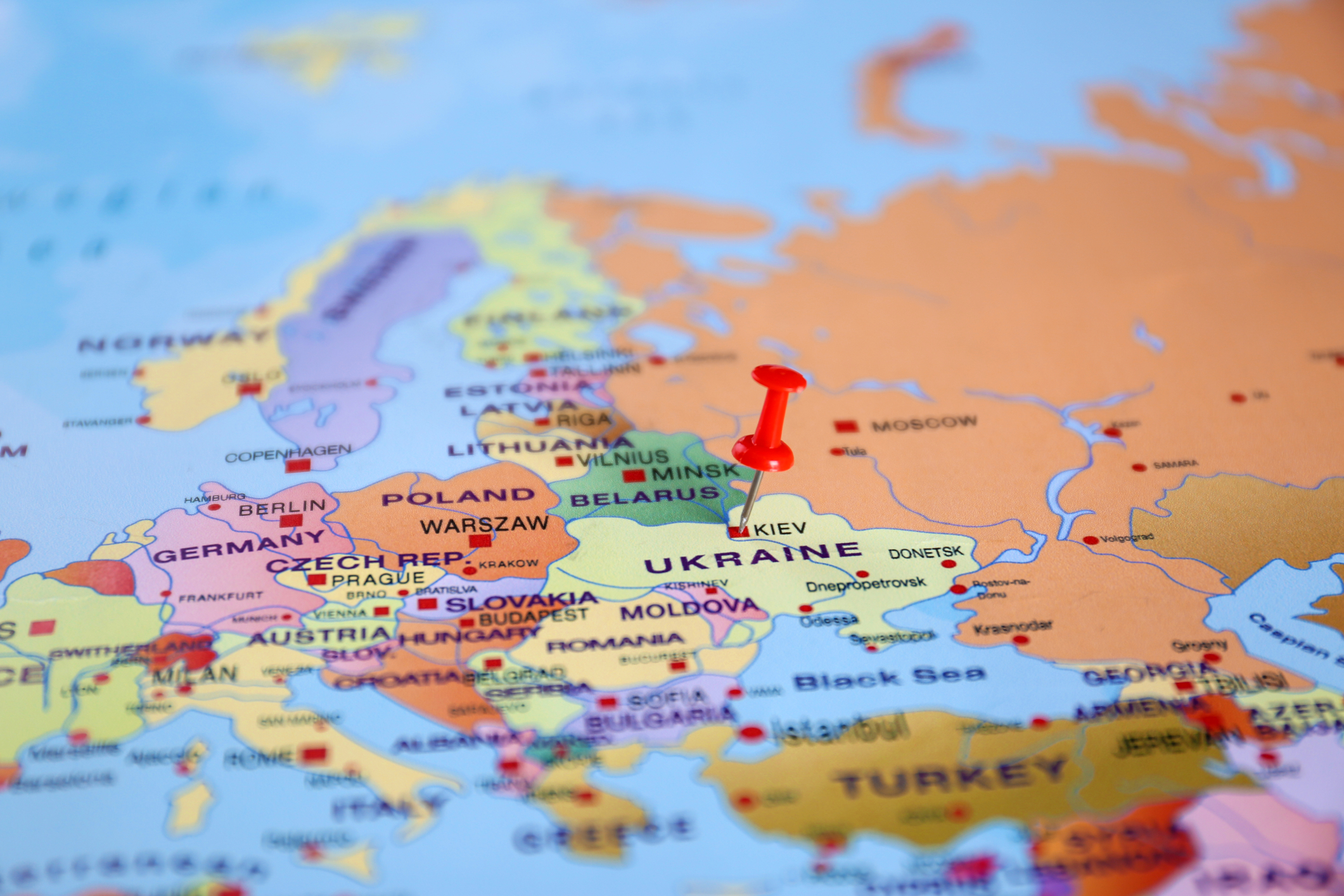https://sldinfo.com/2022/01/the-nordics-the-uk-and-the-ukrainian-crisis/By Robbin Laird
The current Ukraine situation is part of a chain of events.
And as such, the Russian threat to Ukrainian sovereignty is simply not about Ukraine.
It is about the stability of the current European order.
Of course, those with historical knowledge understand that any European order is an imprint on the dynamics of change which always have affected the European continent and made it such a generator of wars and forceful changes of borders, cultures and nations.
We are here again.
Not surprisingly so as the region cutting through the European continent from the Black Sea north has been an unsettled part of the post-Soviet European order.
To simply take this year, the Black Sea crisis of this summer where we saw significant information war and the “migrant” crisis generated by the Russians through Belarus against the Poles, the Balts, and the European order more generally are all part of the wider challenges which Russia is generating against the post-Soviet European order.
In my co-authored book with Murielle Delaporte, we highlighted Putin’s unwillingness to accept the current European order.
How Europeans and the United States shape their engagement with the Russians going forward will shape the next phase of the European order.
This is not simply a Ukrainian crisis; it is much broader than that.
This is not a static thing but a moving process, whereby Brexit and the Turkish de facto exit from NATO have been key parts of reshaping the European order and the Russian pressure on their former territories is now playing a forcing function to determine who is serious about maintaining the current European order and who is not.
It is also the case that Russia’s challenge to the European order is part of the wider challenge of 21st century authoritarian powers to the global order as shaped by the United States, the European Union, and the democratic powers in Asia.
Whatever transpires in the Ukrainian crisis is not limited to Europe.
As we wrote in our book on the return of direct defense in Europe:
“The leading authoritarian leaders seem to like being ruler for life, as the head of China, in 2019, received parliamentary approval to be able to run beyond the term limits which had been in place. The Parliament approved the removal of the two-term limit on the presidency, effectively allowing Xi Jinping to remain in power for life. Putin has redefined Russia’s place in the post–Cold War period, and shaped a comprehensive narrative which one might call Making Russia Great Again.
“And in reshaping Russia in his authoritarian image, Putin has shaped a narrative which is rooted in Russia being the victim of the West, led by the United States, and in returning to its roots to become a key authoritarian Euro-Asian power. Putin both contributed to and has been abetted by the rise of 21st century authoritarianism.
“With the collapse of the Soviet Union and the Chinese becoming members of the World Trade Organization, globalization and democratization seemed to be evolving hand in hand.
“But rather than globalization leading to democratization, it has been shaped significantly by the 21st century authoritarian powers who have used that process to enhance their ability to operate within and without against the key powers driving the liberal democratic order.”
In short, we have entered a new historical epoch which will be shaped by the concrete actions of key states and what the results of such actions will be both in fact and perceived reality.
History is on the move once again, and with it the shaping of new global anarchy or order.
Featured Graphic: Photo 151366060 / Map Ukraine © Chernetskaya | Dreamstime.com
Also, see the following:
Allied Resolve 2022 Exercise: Russia Brings Troops from Far East to Belarus
The Ukrainian Situation: The Perspective of the UK Minister of Defence


